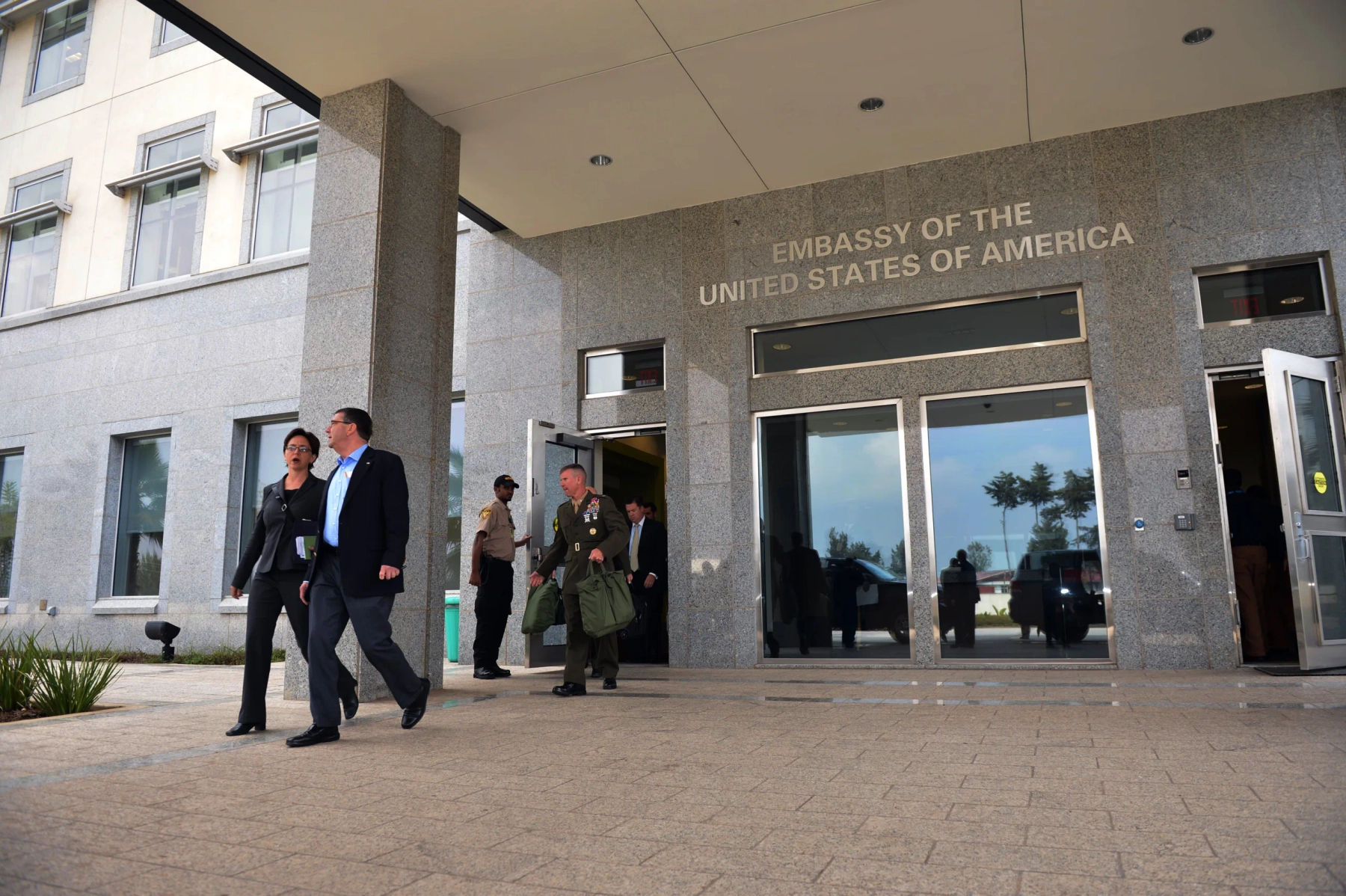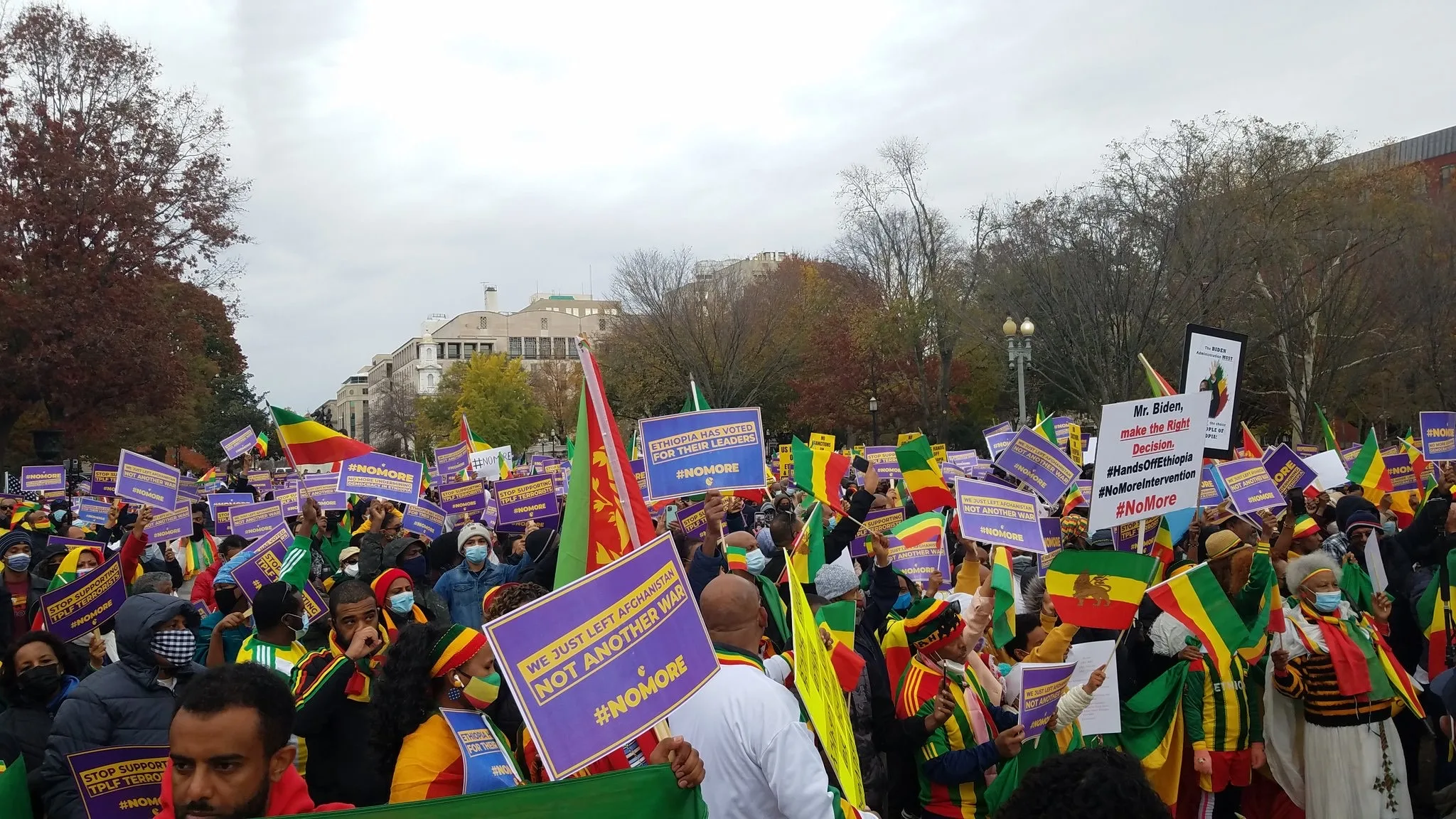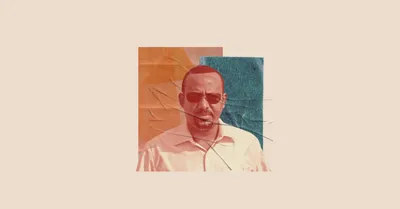Amhara hardliners fume over US embassy’s use of Oromo name for the Ethiopian capital

Us Embassy in Ethiopia. Official DoD photo by Sgt. Aaron Hostutler U.S. Marine Corps.
On November 22, 2023, the US Embassy in Finfinne (Addis Ababa) shared a link and video explainer on the social media site X about consular services offered by the embassy in the four major languages spoken in Ethiopia: Afaan Oromo, Amharic, Somali, and Tigrinya.
According to the 2007 Population and Housing Census, the most widely spoken primary language in the country is Afaan Oromoo (38.30%), followed by Amharic (29.10%), Somali (6.50%), and Tigrinya (5.90). Sidama, also known as Sidaamu Afo, is another language spoken by 4% of Ethiopians.
Kutaan Qoonsilaa Imbaasii Ameerikaa Finfinneetti argamuu tajaajila adda addaa kenna. Odeeffannoo dabalataa tajaajila barbaachisaa ta'e argachuuf hidhata marsariitii armaan gadii kana tuqaa.
— U.S. Embassy Addis (@USEmbassyAddis) November 22, 2023
Tajaajila Lammiilee Ameerikaa ACS https://t.co/OZ3yMq6Mog
Viizzaa godaantotaa… pic.twitter.com/KRBOPcw1TS
Long accused of catering solely to Amharic speaking urban dwellers in a diverse country of more than 80 languages, the embassy’s decision to disseminate information in these four languages has been praised by many observers.
The Oromo Legacy Leadership and Advocacy Association (OLLAA), a US-based advocacy group, wrote “We appreciate the [embassy’s] efforts in recognizing and sharing information in Afaan Oromoo – a language spoken by majority of the country.”
“This is what inclusion and progress look like,” wrote another X user. “The only way to achieve peace is to empower marginalized groups!”
Hussein B. Berisso praised the embassy’s effective use of the Oromo language, further adding, “This demonstrates a commendable approach to fostering rapport with the host nation and local communities.”
While applauding the efforts to make information available in multiple languages, Tigrinya speakers did not shy away from expressing their disappointment with the quality of the Tigrinya version, which they said demonstrates the embassy’s lack of Tigrinya-speaking staff.
Startled by the Tigrinya version the embassy produced, one X user asked “What language is this?”, while another offered: “We could have helped you for free.”
Unsurprisingly, the embassy’s decision to disseminate information in the country’s four major languages, including Amharic, was not well received by Amhara hardliners, who quickly launched a social media campaign targeting the embassy and the US ambassador in Ethiopia, Ervin Jose Massinga.
Amhara hardliners have long viewed the use of other languages in Ethiopia as an attack on their identity and their cultural dominance in the country. Their concerns echo those expressed in a 1975 US intelligence cable, where some Amhara observers expressed apprehension that the newly introduced Oromo-language radio broadcast risks fuelling ethnic divisions rather than fostering unity.
Ethiopia has since moved away from its Amhara-centric past and embraced multicultural diversity; however, mainstream Amhara politicians stand accused of not being able to detach themselves from this outdated ideology of a bygone era and continue to perpetuate a narrative of ethnic supremacy and hatred.

Amhara hardliners and moderates alike were, particularly, enraged by the embassy’s use of the indigenous Oromo name, Finfinne, to refer to the capital city in the Afaan Oromo version of the explainer.
Dawit Weldegiorgis, a former deputy foreign minister under the Derg regime and current spokesperson for the Amhara Popular Front (APF), one of several armed groups in the Amhara region fighting against the central government, denounced the embassy’s actions as a violation of “diplomatic norms and international law,” and called for “harsh” condemnation.
Another well-known activist warned if the US refers to the Ethiopian capital using the Oromo name, “We will be forced” to call the US in “one of Native American languages.”
In its open letter shared on X and addressed to Ambassador Ervin Jose Massinga, the Ethio-American Development Council (EADC), an Amhara advocacy group based in the US, similarly urged the embassy “to issue a public apology” or “to recall the message in question.”
We need your support
We trust you found something of value in this article. If so, we kindly ask you to consider helping Curate Oromia continue its work.
If you believe in the importance of independent voices and honest reporting, we invite you to support our efforts through our GoFundMe campaign.
Every contribution, however small, goes directly to our writers and the expansion of our reach.
Thank you for your support.



